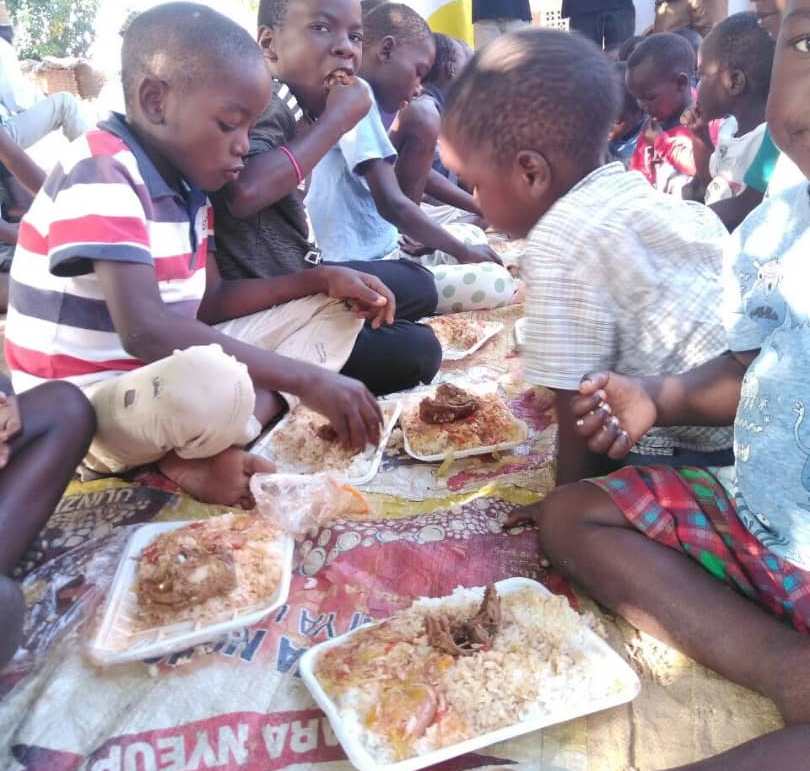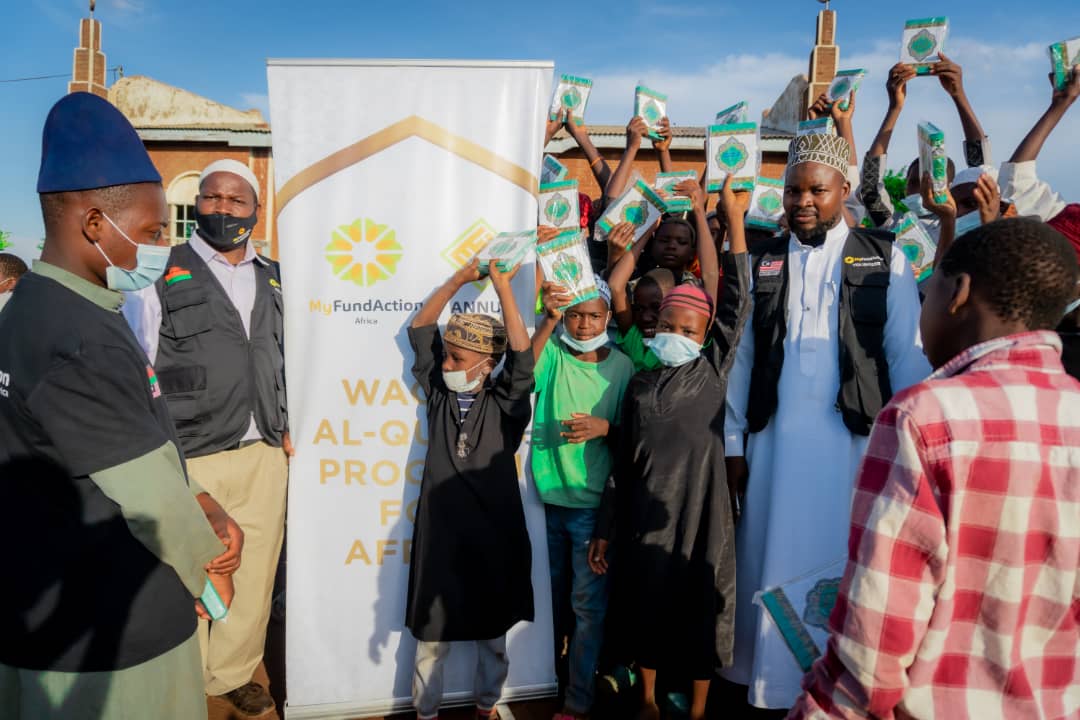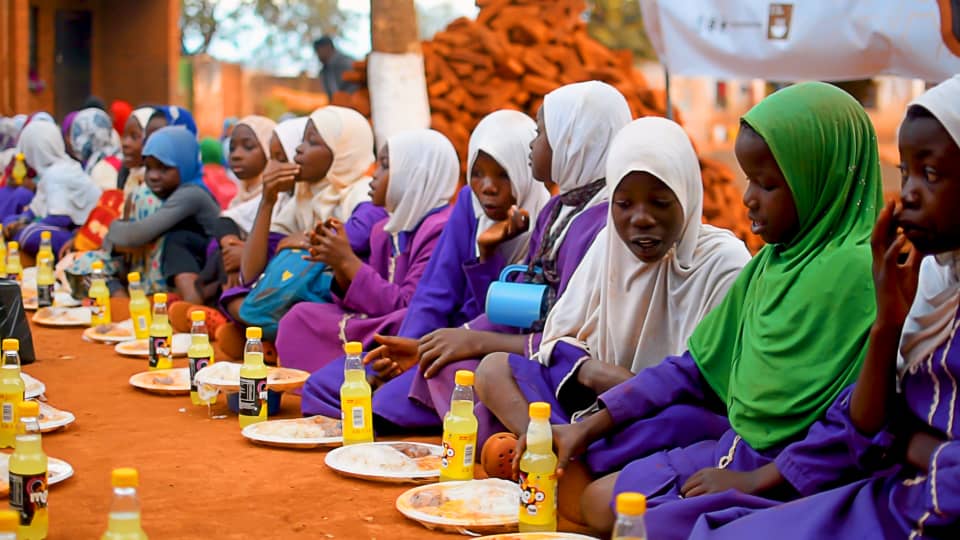Cursing leaders, God for own wrong choices
Some couples’ failure to control childbirth leads to suffering and abject poverty, yet such couples will always vent their anger against government when service delivery becomes a problem.
Families are bearing children they cannot properly take care of; and in the end, they accuse government of neglecting them.
‘Let us exercise caution on childbirths. Let us bear children we can take care of,’ this was a statement from Minister of Local Government and Rural Development Kondwani Nankhumwa last Friday.
Nankhumwa was speaking in Dedza after touring Local Development Fund (LDF) projects being implemented under the Malawi Social Action Fund (Masaf IV) with funding from the World Bank.
Key components of the LDF projects in Dedza include Public Works Programme (PWP) and the Social Cash Transfer (SCT) which is targeting the most vulnerable groups and child-headed families with financial support.
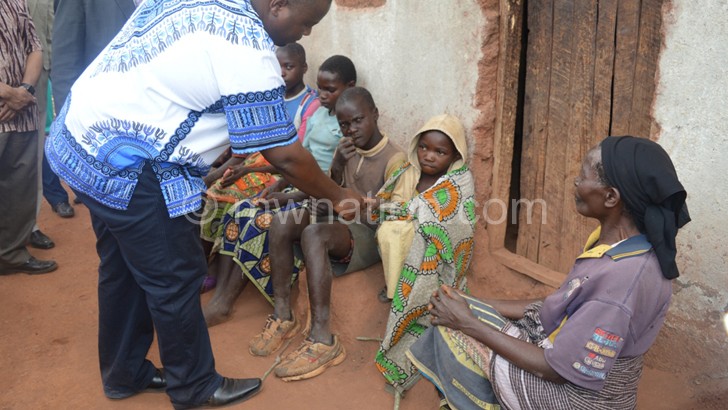
But the minister could not hide his frustration after touring selected project sites; and, visiting SCT beneficiary families where he noted that government’s efforts to reduce poverty are being hampered by rapid population growth and high illiteracy rates.
“Even if government and its donor partners remain committed, their efforts shall be in vain if couples do not commit to reducing the number of children per family. Thus, abject poverty shall hound Malawi forever,” said Nankhumwa.
He said it was surprising, therefore, to see couples that do not control childbirth, let alone send their children to school, being in the forefront accusing government of failing to feed them during lean periods.
Nankhumwa appealed to civic, traditional and religious leaders to encourage parents to send their children to school.
Member of Parliament (MP) for Dedza South Patrick Themu said rapid population growth and high illiteracy rates have been major stumbling block towards maximising the benefits of the social and economic initiatives being implemented in the district.
Themu, therefore, asked government and the civil society to collaborate in sensitising Malawians on the need to adopt family planning methods in an effort to control childbirths.
Being a politician, one can easily take Nankhumwa’s statement for a political rhetoric.
But Episcopal Conference of Malawi (ECM) chairperson Archbishop Thomas Msusa cautions: “Make no mistake! Even God detests irresponsible and uncontrolled childbirths”.
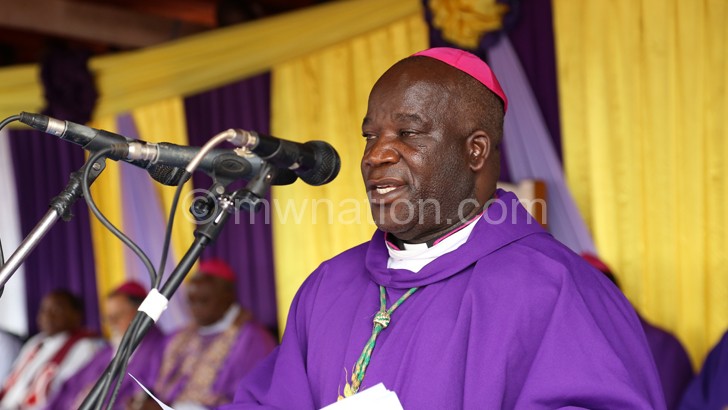
growth: Archbishop Msusa
Msusa cites Proverbs 19:3, which says: “A person’s own folly leads to their ruin, yet their heart rages against the Lord.”
He further cites Isaiah 8:21, which emphasises that distressed and hungry people shall always roam through the land; when they are famished, they will become enraged and, looking upward, will curse their king and their God.
Probably, this could not be strange to Malawians.
During the just-ending lean period that spanned from December 2015 to March 2016, some hungry Malawians had no kind words against leaders and God.
They accused leaders of negligence while lashing out at God for lacking compassion for His creation.
But Msusa states that rapid growth of Malawi’s population over the past decades is one of the major factors that undermined social and economic gains made thus far.
Msusa, through the 2015 Guide for Catholic Marriage Counsellors, emphasises that although ECM has been one of the development partners of government for decades, it, too, is not impressed with the level of social and economic gains made thus far.
“ECM has helped the nation develop, not only pastorally, but also socially and economically—especially in the areas of health, education and governance,” he says.
Msusa, however, fears that this partnership will have no significant impact because of the pace at which Malawi’s population is growing.
He observes that Malawi is one of the fastest-growing countries in sub-Saharan Africa whose population has more than tripled over the past 40 years, and is expected to triple again within the next 25 years.
“The pace of growth is posing legitimate questions about the linkage between population growth and the ability of Malawians to access basic needs such as nutrition, shelter, health, and education,” he says.
Msusa states that it is imperative for believers to be guided by their religious and spiritual understanding of marriage, procreation, and responsible parenthood that is both firmly rooted in the teachings of their churches and relevant to the context of the times—a context that includes rapid population growth, climate change, and development challenges. n


